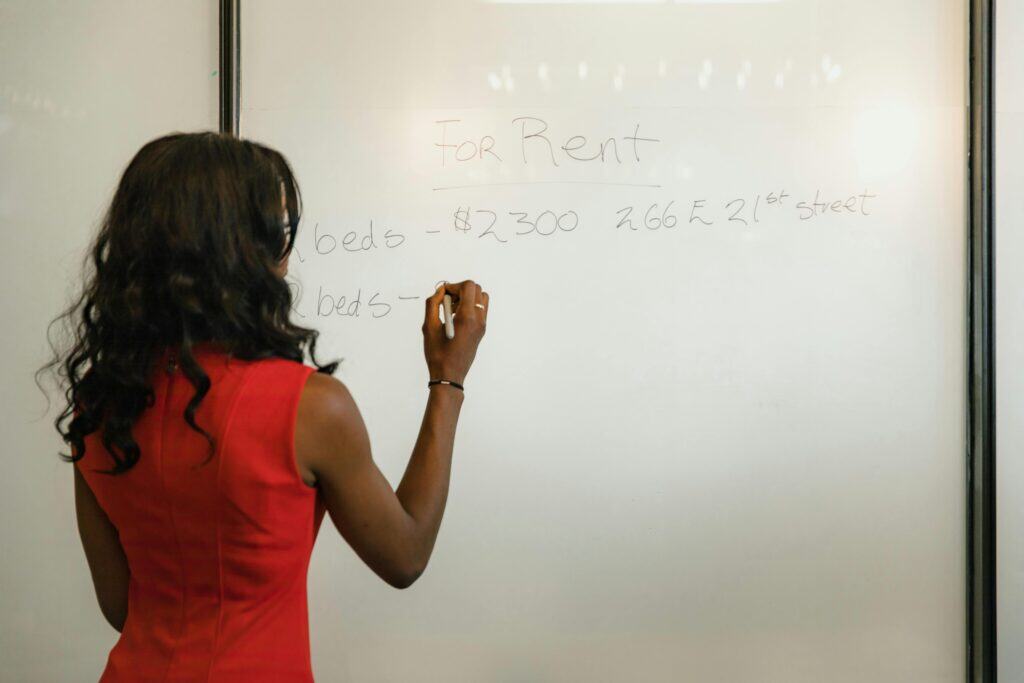The goal of SB 1157 is to assist low-income families and tenants by helping them increase their credit scores by incorporating timely rental payments on the tenant’s credit reports. Currently, this type of recording is not required and is rarely something that a landlord or a property manager will do on its own accord.
Plainly, the new law sets a requirement that owners and property managers of certain categories of government-subsidized properties will now be required to give their tenants the option of having their monthly rental payments reported to the credit bureaus. In order to take advantage of the credit reporting, the tenant must opt-in by giving their landlord or property manager written notice of their request.
This option is critical to helping low-income tenants enhance their credit profiles and increase their credit scores. This is especially true since over 45% of families in California rent their homes. This fact alone puts most renters at a disadvantage as they cannot build their credit profiles the same way that homeowners can. The chance to have good credit can dramatically change most renters’ lives. Mainly, it can help them secure a better financial future and homeownership down the road.
What Type of Housing Does SB 1157 Apply To?
It is important to note that SB 1157 does not apply to all renters. Instead, the bill applies to a particular sector of renters who receive federally subsidized housing. The law took effect July 1, 2021, and applies to developments with five or more apartments that receive certain forms of government aid. Also, keep in mind that if the property receives certain tax credits, SB 1157 may apply.
Are There Any Exemptions?
Generally speaking, if a California landlord owns less than 15 apartments, they are exempt from the reporting requirements of the bill. However, if the landlord owns more than one subsidized housing development, they will not be exempt. Lastly, if the landlord owns an LLC or corporation defined under Section 856 of the tax code, they are likewise not exempt from this legislation.
Who is Responsible for Paying for This Service?
Some property managers and landlords in Southern California erroneously believe that SB 1157 imposes yet another expense to the already long list of expenses related to owning and managing property in California. However, under the new law, California landlords are permitted to charge tenants a fee to help share the cost of the credit reporting service. If the tenants take advantage of the reporting services, they must pay for the reporting cost or $10 per month, whichever is less.
Additionally, landlords cannot use the tenant’s failure to pay the reporting fee as a basis to evict the tenant or otherwise end their lease agreement. Landlords also cannot deduct the unpaid fees from the tenant’s security deposit.
However, if, after 30 days, the tenant has not paid the fee, the landlord is permitted to end the reporting. If this happens, the tenant cannot opt into the service for at least six months.
Can Landlords Report Tenants Rent Payments as Late if They Withhold Rent for Outstanding Repairs?
The short answer is no. Specifically, there is nothing in SB 1157 that overrides the renter’s rights to deduct or withhold rent should their apartment become uninhabitable, or repairs remain outstanding for an unreasonable amount of time. In other words, it is illegal for a California landlord or property manager to report a tenant’s rent as late if they know the tenant is exercising their right to withhold or deduct rent under state and federal laws.
Should Landlords and Property Managers in California Update Their Lease Agreements?
Given the fact that SB 1157 went into effect on July 1, 2021, landlords may want to consider updating their lease agreements to reflect this change. This is also important to limit liability and confusion around the new process. Having a uniform lease agreement with a standard clause related to the tenant’s right to monthly credit reporting is probably the best practice.
Can A Renter Opt-out of Reporting?
Yes, a renter can opt out of reporting at any time. The renter just needs to submit a written request to the landlord. However, keep in mind that renters will have to wait at least six months before opting into reporting again.
Final Thoughts
Now that SB 1157 is law, landlords and property managers will have to adjust their business practices quickly to ensure that they are following the new law. The reality is that both smaller and larger landlords will have to depend on property management software to ensure that their reporting is accurate. While admittedly, this new law is a huge opportunity for lower-income renters, it also has the potential to be a headache for landlords and property managers. Overall, as with any new legislation, it will take a little bit of time to ensure that all landlords are compliant with the bill and all the details are ironed out.
Give AllView A Call!
AllView Real Estate Management is Orange County’s premier property management and investment firm. We offer not only exceptional property management, but also real estate investment consulting and management. Call us at (949) 400-4275 or send us an email at info@allviewrealestate.com for real estate investment expertise.



